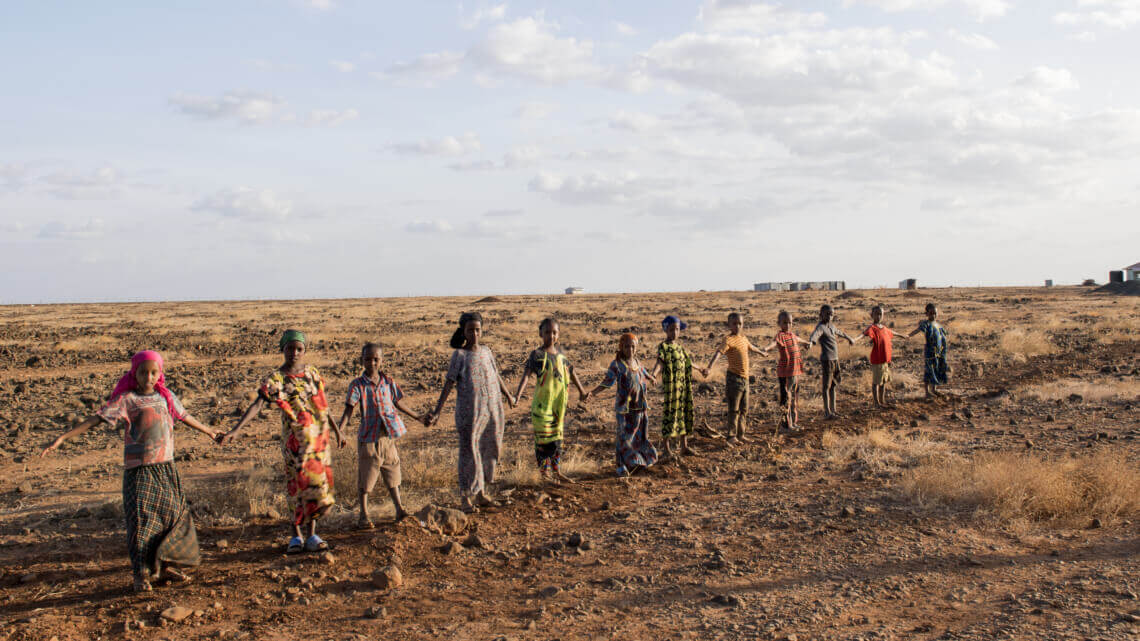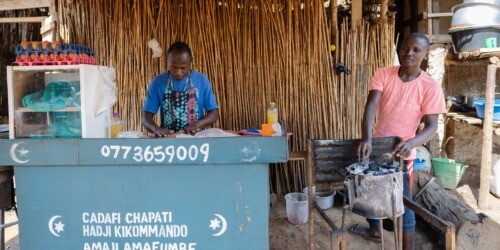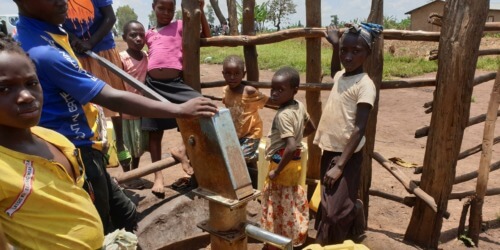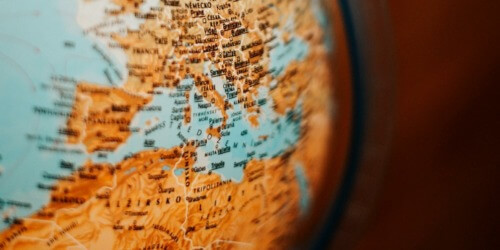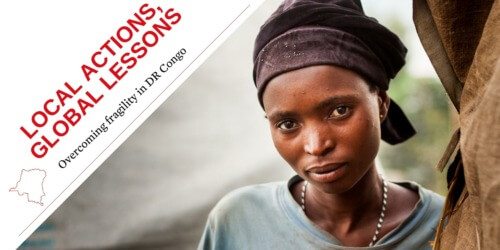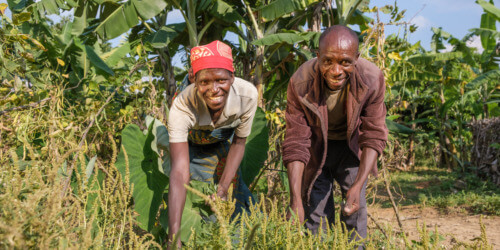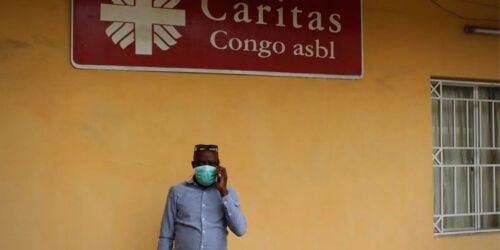SOUTH SUDAN: SUPPLY, WATER, HYGIENE, AND ACCOMMODATION
The United Nations and the South Sudanese government have declared famine in Unity State, where the situation is most severe. There, but also in all the other states of the country, the Caritas network is active. Hand in hand with local Caritas organizations, our global network provides food aid, seeds, agricultural equipment, water, and hygiene kits. As far as possible, we continue our agricultural programs and work towards peacebuilding.
Refugees in Uganda
Between August and December 2016, nearly 500,000 people fled the Yei region to Uganda to escape the violence. 300,000 of them ended up in an inhospitable area, renamed the “Bidi Bidi refugee camp”.
Ward Tanghe, our South Sudan official: “In five months, one of Uganda’s least populated areas has become an agglomeration of more than 300,000 people. Providing food for so many people over a long period of time is an impossible task. By mid-2017, the government wants refugees to be able to produce their own food. ”
With the support of the Swiss embassy in South Sudan, Caritas distributed 8 tons of seeds and 12,000 agricultural implements in October last year. 3,600 refugee families were able to create a small irrigated vegetable garden. Today we want to extend our support to 8,400 refugee families.
IN NIGERIA AND THE LAKE CHAD BASIN
Assistance to the victims is complicated by the presence of the 1.9 million displaced persons and refugees fleeing the long-running war between the army and the terrorist group Boko Haram. Caritas (mainly Caritas USA) assists both exiles (70%) and host communities (30%) in the Maiduguri and Kaga regions. In the coming months, our assistance will be extended to Gulani and Gujba, Yobe State, and Admawa State.
Food aid remains a priority, in addition to basic necessities (soap, water, and cooking utensils) for 50,000 people. Caritas has so far helped 1,650 families by providing shelter, water and sanitation. Eight water supply points in Maiduguri are under construction or undergoing restoration. For people dependent on food aid, we distribute seeds and agricultural tools. We treat malnutrition, diarrhea, and pneumonia in medical centers. 259,483 children were vaccinated and 763 children were monitored for malnutrition.
Refugees in Niger
Caritas International Belgium also helps 1,000 families of Nigerian refugees who crossed the border with Niger in the Diffa region. They received 42 euros monthly for seven months to cover their primary needs. The same amount will go to 1,000 Nigerian families in precarious situation over the next four months. With this money, they can buy food but also from the cattle or create their own small business to guarantee additional income. 500 Diffa youths were also given the opportunity to be paid to clean streets or other community activities.
SOMALIA: HUNGER AND CHOLERA
In Gedo, Caritas Ireland has been supporting health and medical care, food programs, and education for 25 years. 3 hospitals, 10 primary care centers, and 4 medical centers were supported. Nutrition programs have been expanded from 9,000 to 12,000 children. With clean water and medicines, the fight against cholera is organized. Food distributions in the schools were made to keep the youngest on the school benches; we want to avoid a lost generation at all costs.
Caritas plays a leading role in the rural areas of central Somalia, near the border with Kenya. Many farmers have no money left. Their animals are dead, they have lost their only capital. Where food is still available at a reasonable price in the markets, Caritas distributes money to people who lack food and water. Longer-term activities are also ongoing: well digging and repairs, training activities on water management. In this way, we try to prevent people from leaving their homes in search of help and then find themselves in overcrowded camps.
SAVE LIVES
Caritas International and other members of the 12-12 Consortium launched the Famine Action 12-12 to save lives. To provide an adequate humanitarian response to such a crisis, additional means are needed. Help on www.caritasinternational.be or www.1212.be.









